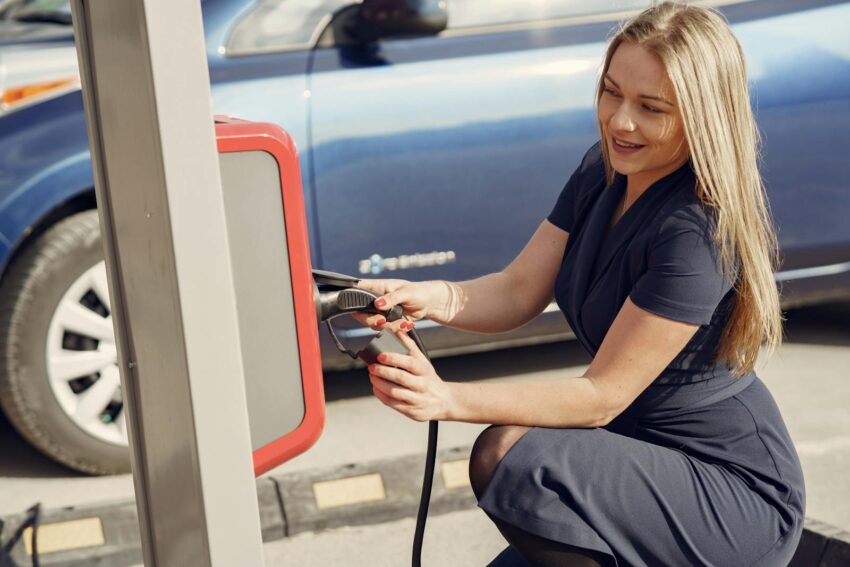The UK new car market defied expectations with its best February performance in two decades, according to the Society of Motor Manufacturers and Traders (SMMT). Registrations surged 14% year-on-year to 84,886 units, marking the 19th consecutive month of growth. However, the good news comes with a caveat – the growth is primarily driven by fleets and businesses, not private buyers.

While the overall increase is positive, February is traditionally a slow month for car sales as buyers often wait for the new registration plates released in March. Despite this, electrified vehicles continued their strong showing. Hybrid Electric Vehicles (HEVs) saw a 12.1% rise, while Plug-in Hybrids (PHEVs) experienced the most significant growth at 29.1%. Battery Electric Vehicles (BEVs) also continued their upward trend, with registrations climbing 21.8%. Notably, BEVs now account for 17.7% of the market share, up from 16.5% last year.

However, the SMMT is urging caution in interpreting this growth. While BEV market share is increasing, this is entirely driven by fleets taking advantage of attractive tax incentives. Private buyer uptake remains sluggish, with only 18.2% of new BEVs registered in 2024 so far going to individual consumers.

The SMMT argues that a faster and fairer transition to electric vehicles requires attracting more private buyers. They believe the upcoming budget presents a crucial opportunity to address this by:
- Halving VAT on new EVs: This could generate significant savings for buyers, estimated at around £4,000 per car, and would cost the Treasury less than the scrapped Plug-in Car Grant.
- Amending proposed Vehicle Excise Duty (VED) changes: Current plans would effectively penalize BEV buyers due to the “expensive car” supplement.
- Reducing VAT on public charging: Public charging currently carries a 20% VAT levy, compared to the home charging rate, which acts as a disincentive for those without home charging options.
Mike Hawes, SMMT Chief Executive, emphasized the urgency of these measures: “This week’s Budget is an opportunity to ensure that growth is greener… Tackling the triple tax barrier would boost EV demand, cutting carbon emissions and energising the economy.”

The SMMT argues that fairer taxation would incentivize more private buyers to switch to electric, accelerating the transition to zero-emission vehicles. While the overall market is showing positive signs, the long-term success of the UK’s EV ambitions hinges on encouraging wider consumer adoption. The upcoming budget will be a critical test of the government’s commitment to a greener future for the UK’s automotive industry.



